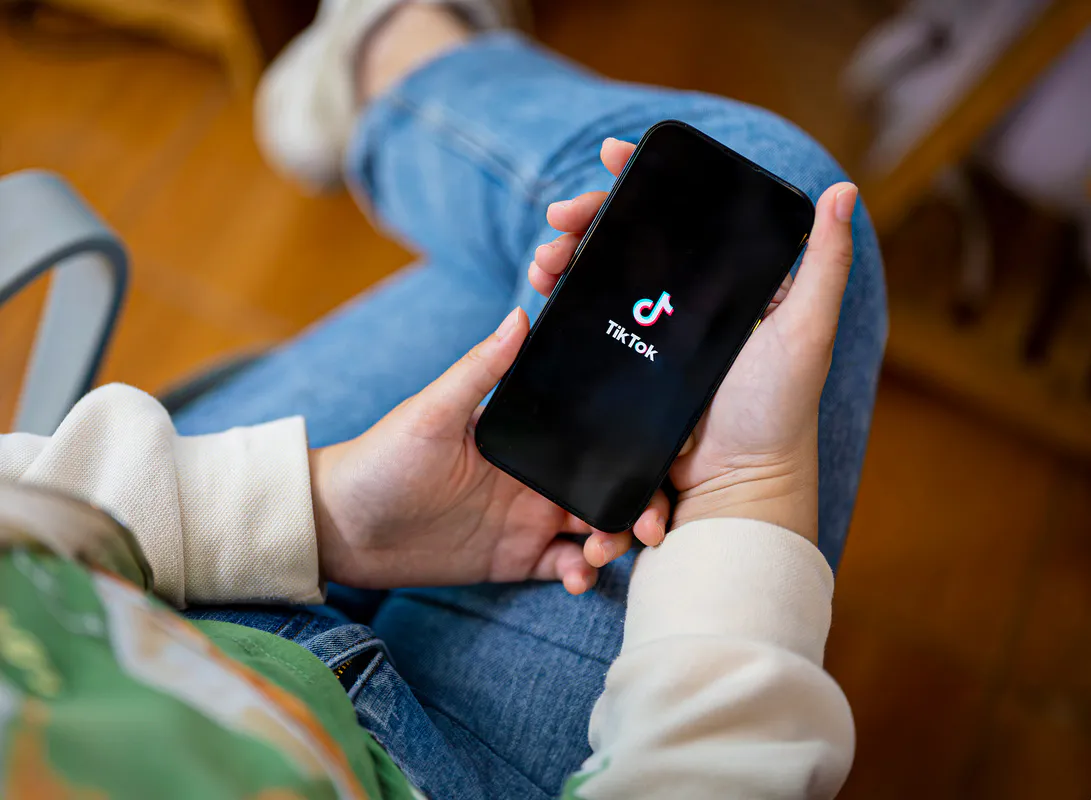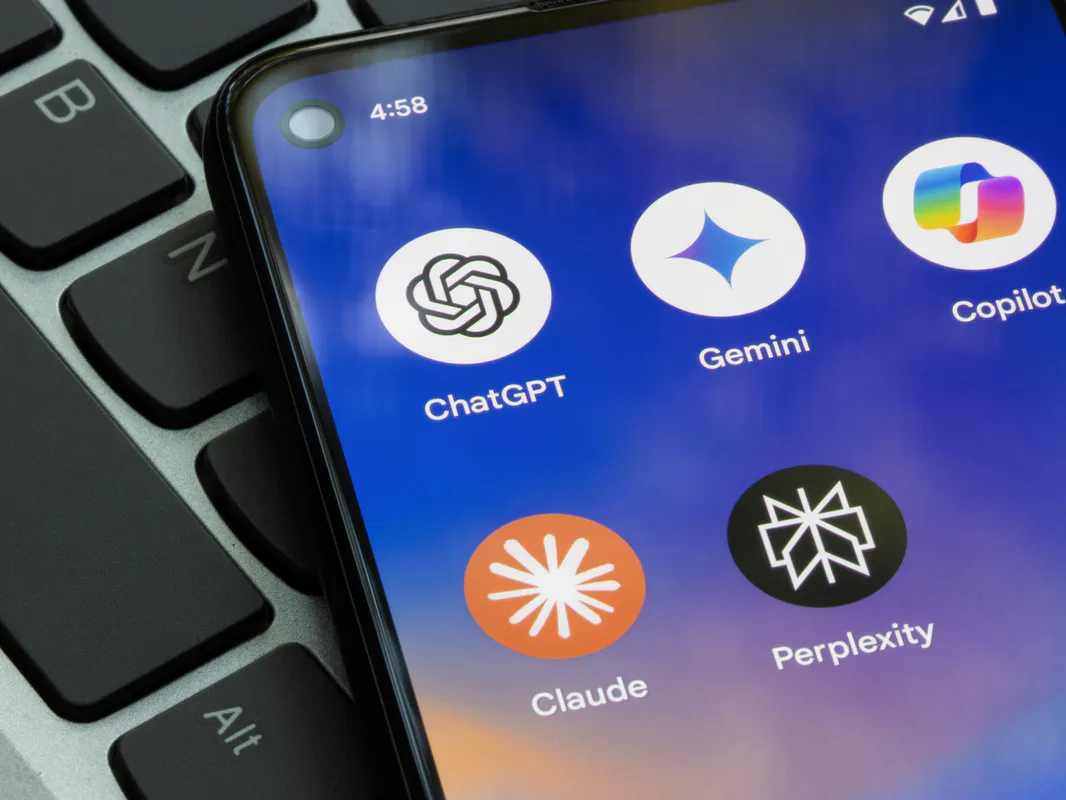Japanese newspaper The Yomiuri Shimbun has taken legal action against an AI company, claiming it broke copyright laws by using articles without consent.
The Yomiuri says that US-based AI firm Perplexity has been using the paper’s digital content in its generative AI search software. The newspaper is looking for 2.17 billion yen in damages — more than $14.6 million.
In its legal filing, The Yomiuri, which is read by millions of people in Japan every day, demands that Perplexity stop using its articles and delete those it has already accessed. The newspaper says the AI company accessed almost 120,000 articles on its digital editions between February and June this year.
AI search services gather information from millions of online sources to respond to user queries. This process has opened up legal questions about the use of copyrighted material, and a number of news organizations around the world have already taken action against AI firms.
The Yomiuri is the first major Japanese media company to do so.
News companies have said that when people are allowed to access the content of their articles through AI search services, the companies themselves are denied advertising revenue that is generated through people visiting their sites. The Yomiuri said this lost revenue could have an adverse effect on future reporting.
Other companies have previously complained that AI bots have accessed and reproduced stories that were behind paywalls.
In response to a similar lawsuit by The Wall Street Journal and the New York Post in 2024, Perplexity said that news organizations “prefer to live in a world where publicly reported facts are owned by corporations, and no one can do anything with those publicly reported facts without paying a toll.”
It added: “We should all be working together to offer people amazing new tools.”
But news companies seem to disagree — and some have begun using software that can block AI bots from using content without permission.
Perplexity has said this is unfair, because companies already allow Google to freely access their sites to return search results.





